Biden, Trump and our forever wars: We must press the candidates to make good on a critical commitment
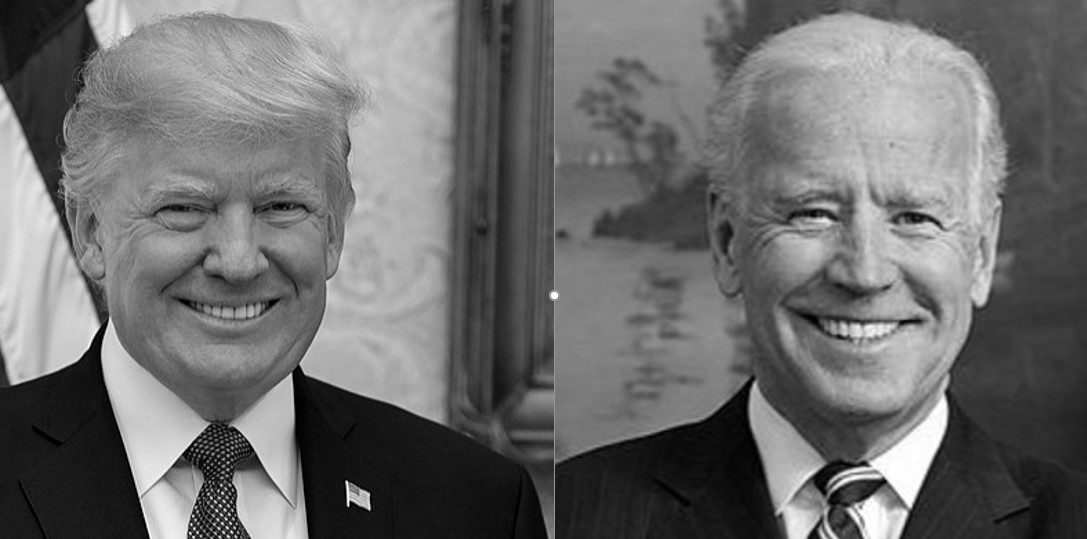
By Caroline Gray, Senior Researcher
This article appeared in New York Daily News on August 11, 2020.
Democrats recently released what some are calling their most progressive party platform yet, especially with respect to foreign policy. The platform aims to restore American leadership by revitalizing diplomacy, reinventing alliances, restoring foreign assistance and, most instructively, ending America’s “forever wars.” Is the Democratic Party finally committed to the kind of restrained foreign policy that, according to our research, American voters largely support? Or is this a campaign tactic designed more to win elections than alter a decades-old approach?
Recent history suggests the latter. The past three U.S. presidents campaigned on ending America’s involvement in overseas conflicts and warned against unnecessary military action. George W. Bush, Barack Obama and Donald Trump each ran on a platform of scaling back an overextended America. Then, after winning the presidency, the political calculus abruptly changed.
Take Bush. In a campaign speech in 1999, he warned Americans of the irresponsible use of military force to solve complex foreign challenges: “America must be involved in the world. But that does not mean our military is the answer to every difficult foreign policy situation — a substitute for strategy.” His campaign platform called on America to defend and grow a global community of free nations and just societies, but through the modest use of force. He ran on the belief that America must be “humble but strong,” and “refuse the crown of empire.”
Less than two years later, Bush led the country into an unnecessary war based on false intelligence, chartering a path of clumsy and counterproductive American military dominance in the Middle East that continues to this day. Despite his initial call for practicing modesty and humility around the use of force, he committed American resources and lives to fighting an ill-defined enemy and endless wars in Iraq and Afghanistan.
Read more of Caroline’s article in New York Daily News.

Written by Caroline Gray
Caroline is a senior researcher with the Independent America project at the Institute for Global Affairs and producer of the podcast, None Of The Above.
Read more from Caroline
This post is part of Independent America, a research program led out by Jonathan Guyer, which seeks to explore how US foreign policy could better be tailored to new global realities and to the preferences of American voters.

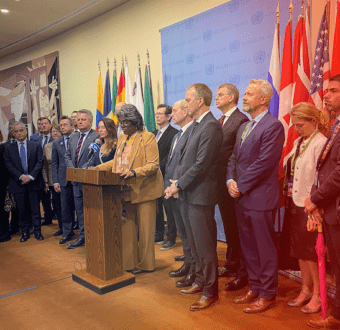


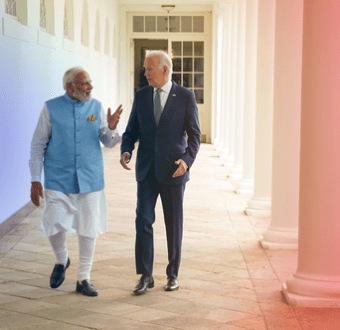
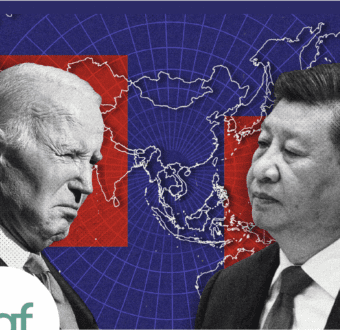


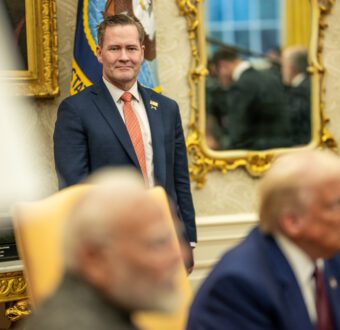
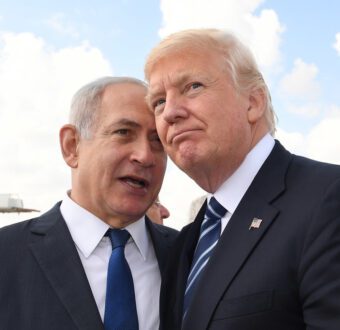




What Are Sanctions and How Do They Work? A History of US Economic Sanctions